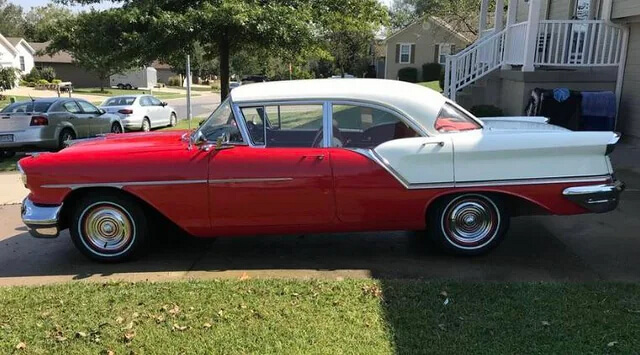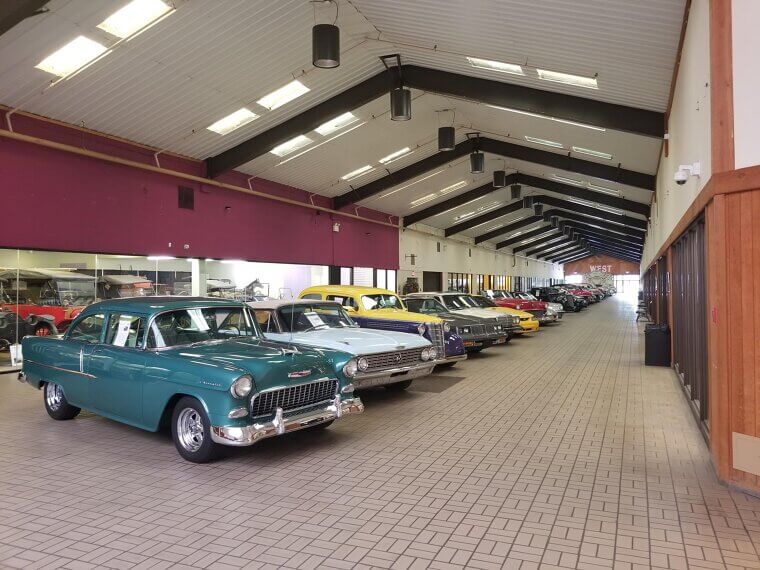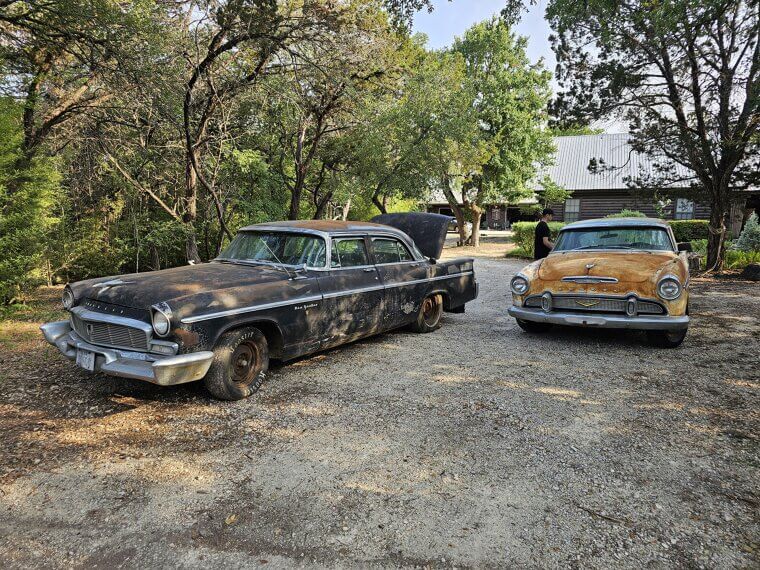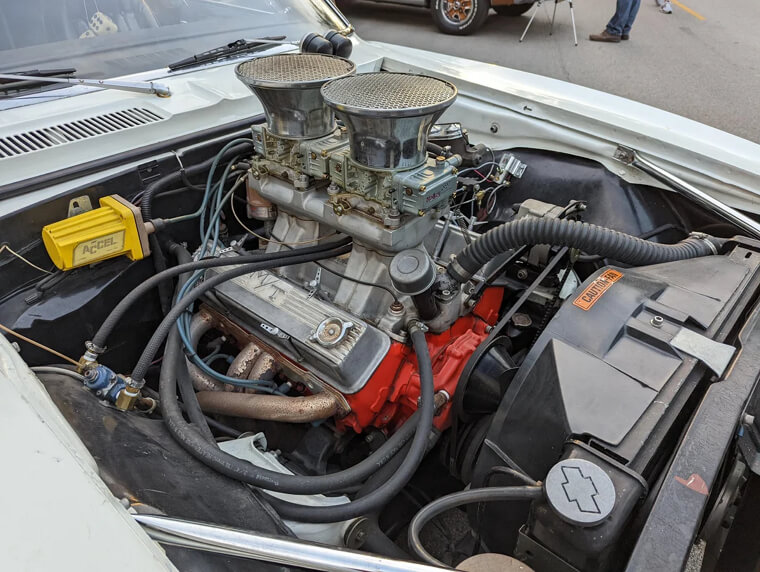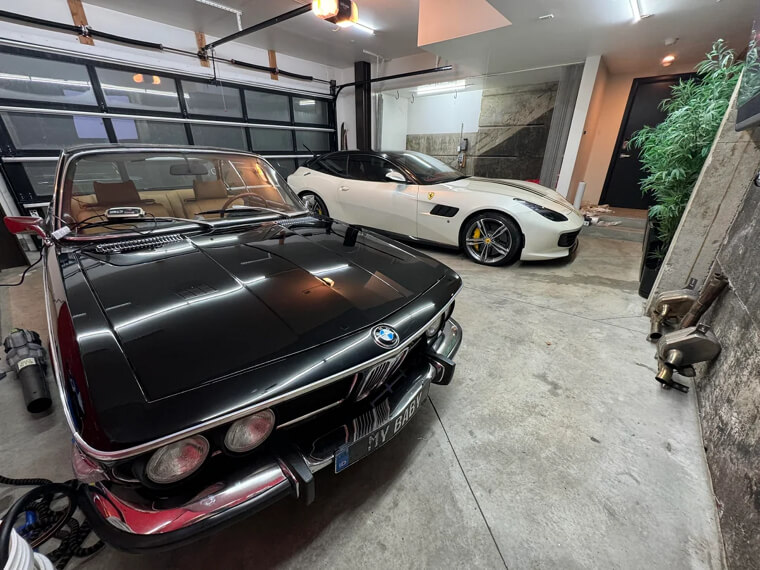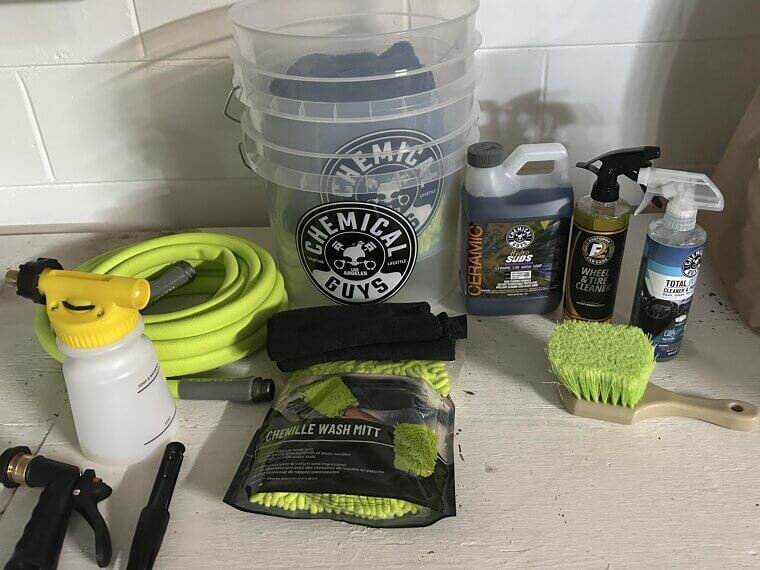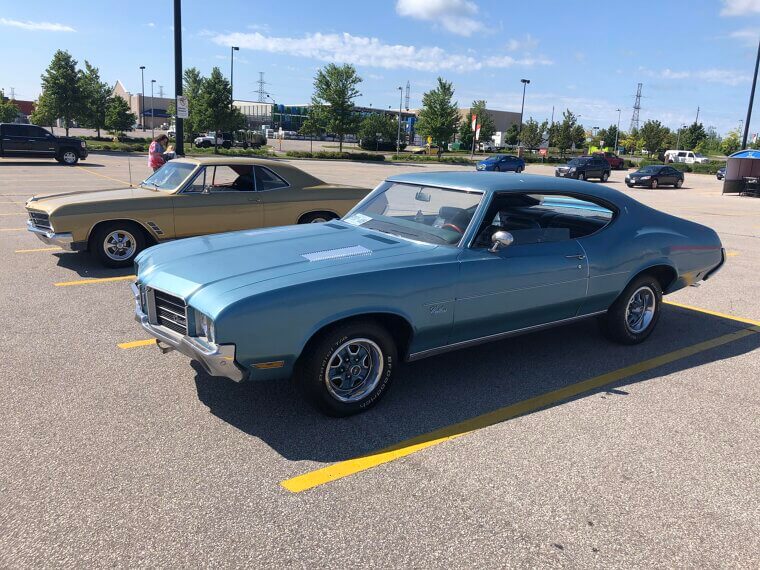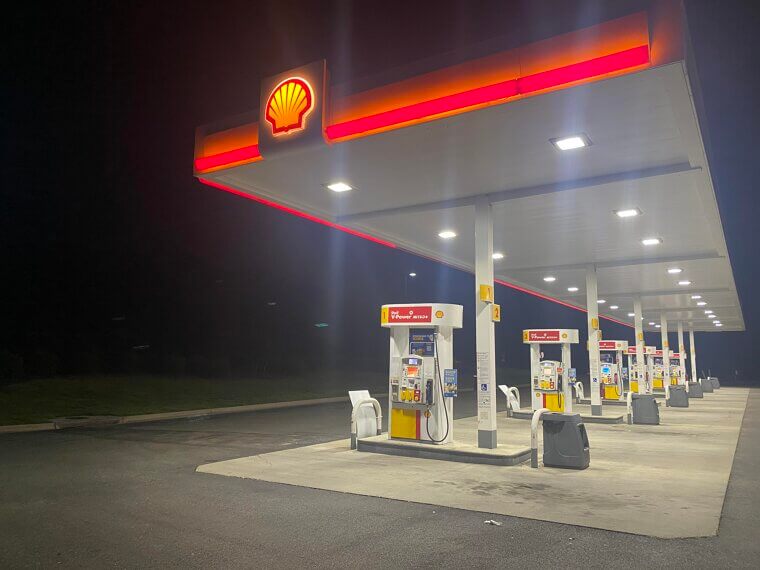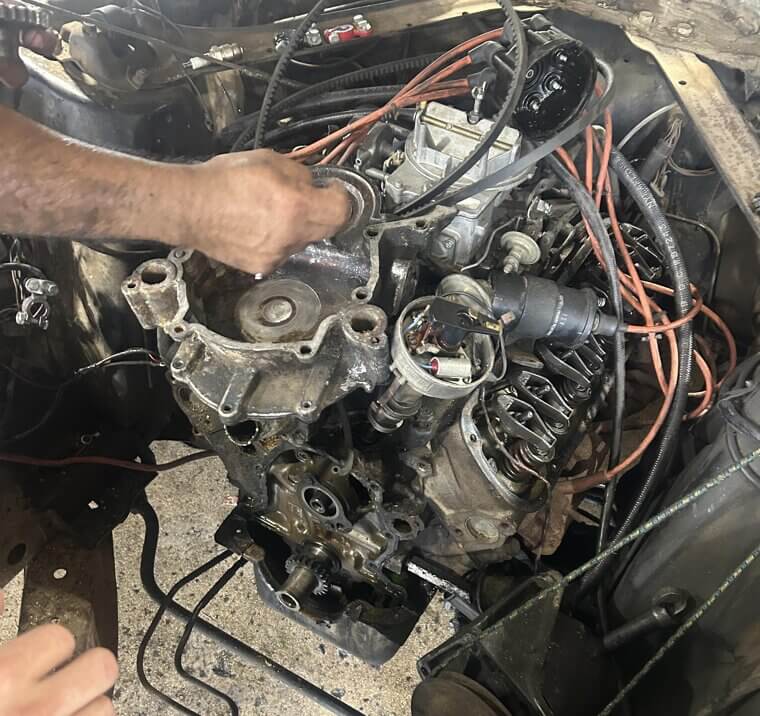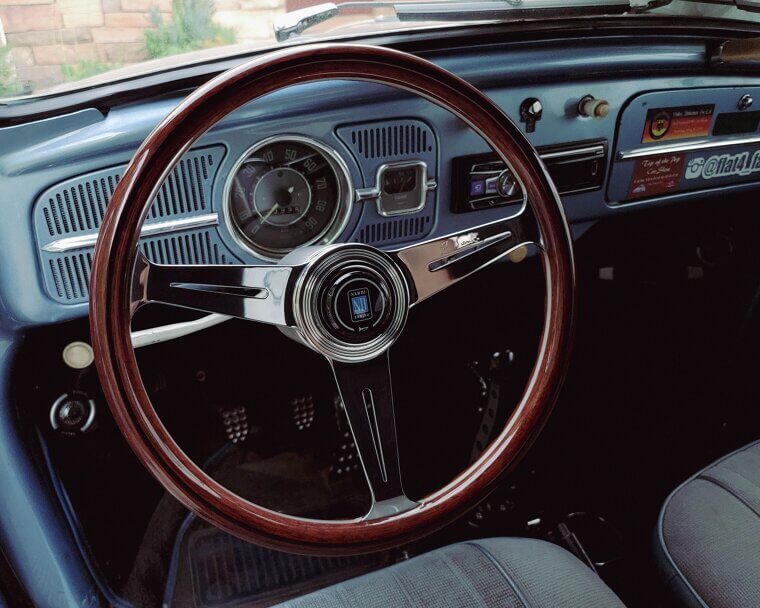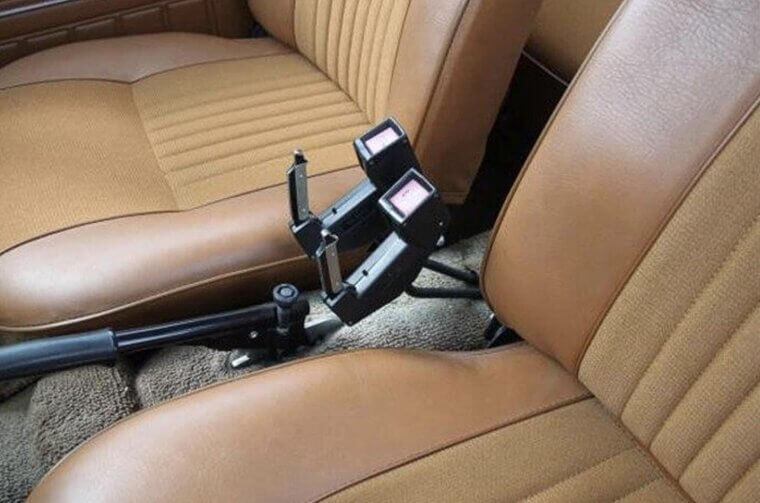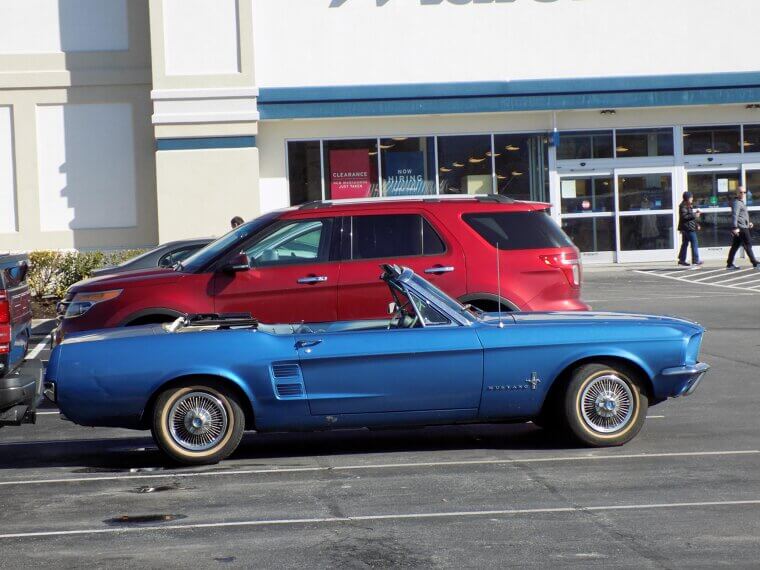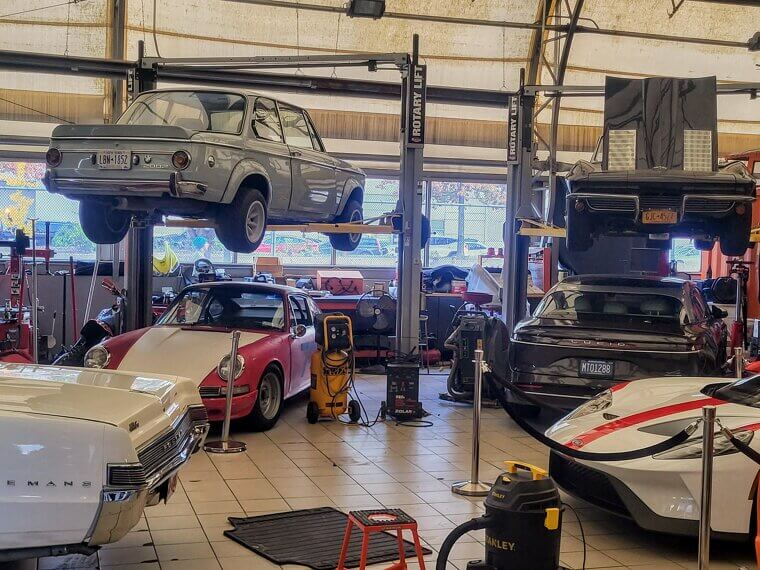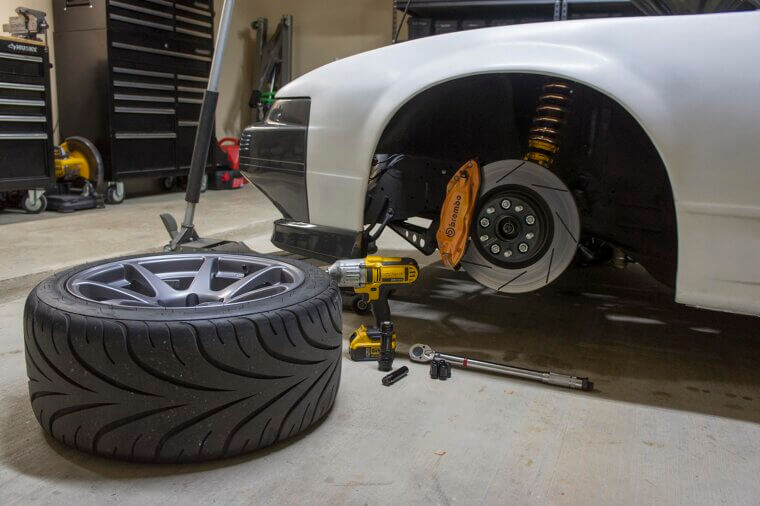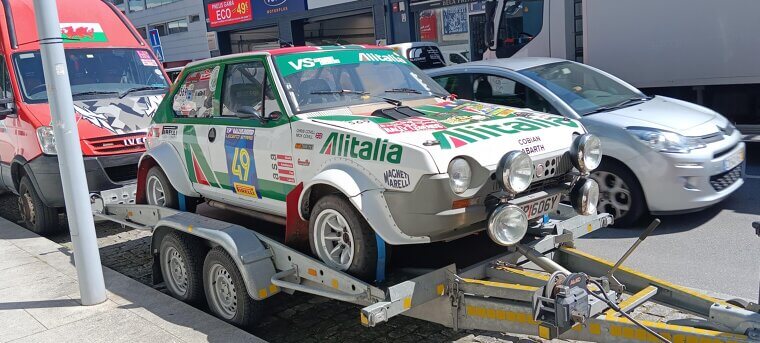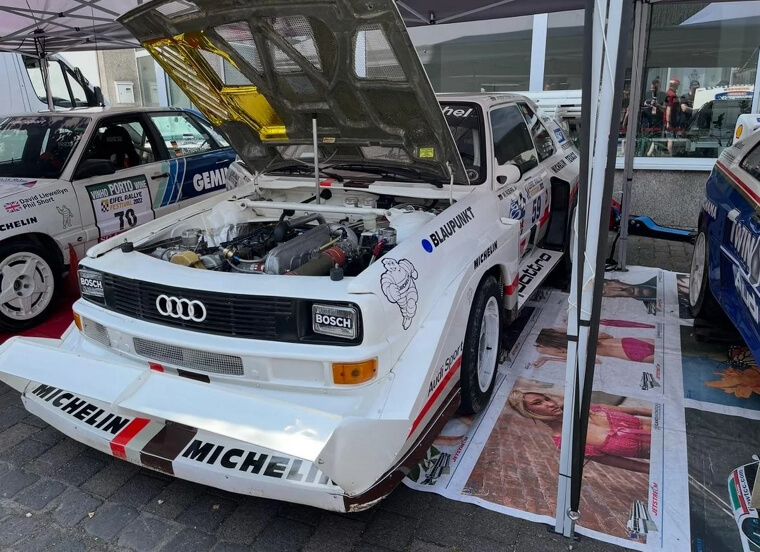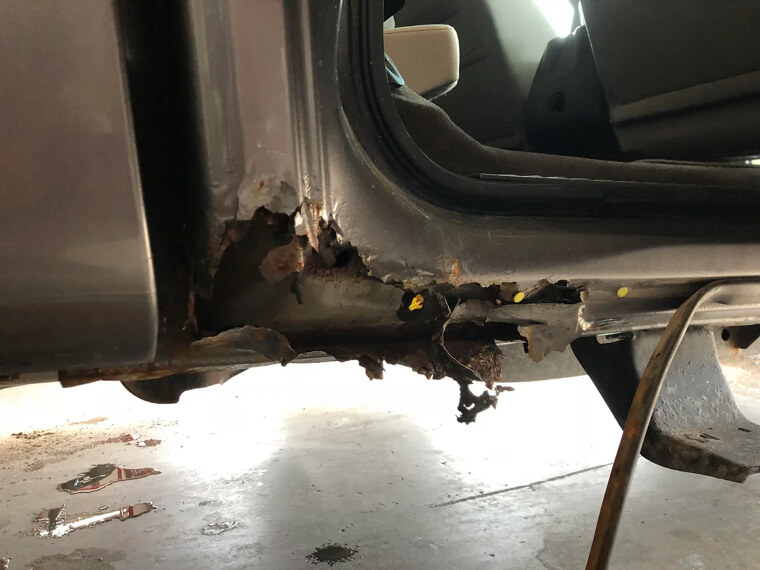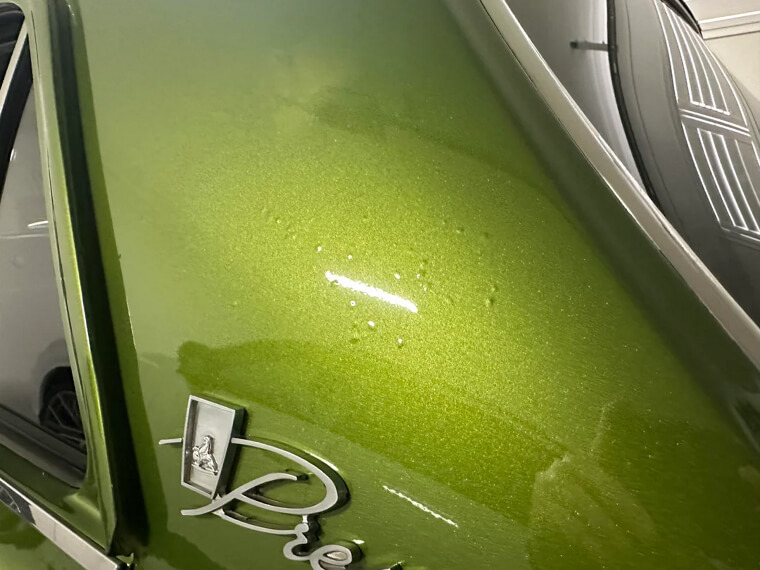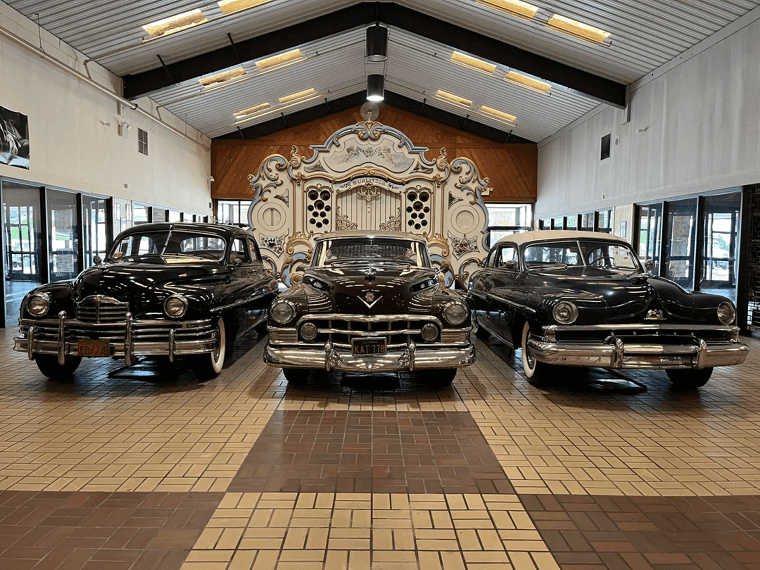Want to Own a Classic Car? Here Are the Real Costs of Doing That
Are you a classic car enthusiast who’s considering stepping into the vintage vehicle market? If so, you probably already have an idea of how expensive ownership can be - but what do you know about the hidden costs? Continue reading to uncover the actual costs of owning a classic car!
Higher Initial Purchase Prices
Classic cars are frequently more expensive, particularly if they are rare or in excellent condition. You're purchasing more than just a car; you're purchasing charm, history, and memories. That sentimental worth can raise the price far above the sticker price of a new, modern car.
Restoration Costs
Even a "barn find" beauty requires a lot of care. It may be necessary to replace corroded panels, remodel the interior, and locate vintage parts when restoring a classic vehicle. Although it's beneficial, the costs quickly mount, particularly if you want to achieve results of a high caliber.
Regular Maintenance Fees
Unsurprisingly, classic cars require more frequent maintenance than modern vehicles. A standard routine includes minor repairs, tune-ups, and oil changes. Although it's not entirely bank-breaking, neglecting maintenance can result in more serious issues later on.
Storage Expenses
Everyone knows vintage vehicles need to be protected. If you leave one outside, it could rust, fade, and wear. Whether it's climate-controlled storage or a rented garage, maintaining your car's safety is a continuous expense that cannot be ignored, especially when winter arrives.
Cleaning and Detailing Costs
The attention a classic car attracts is maintained with routine interior detailing, waxing, and washing. Although professional detailing might empty your pockets, especially for exhibitions or selling, it’s part of the ownership you signed up for!
Higher Insurance Premiums
Classic automobile insurance is not the same as commuter car insurance; you'll likely require specialized coverage, which provides stronger protection at a higher premium. Although it's not your typical policy, it's certainly worth it!
Poor Fuel Economy
Let’s face it - classic cars weren't designed to be fuel-efficient. Large engines, outdated technology, and heavy frames result in more frequent stops at the pump. The fuel costs could surprise you if you're used to hybrids or economy cars, but that's all part of the appeal, isn’t it?
Expensive Spare Parts
It can be an absolute mission to find suitable or original parts for older models - some are expensive and rare, while others are no longer in production. You will have to consider paying more and waiting longer than you would for contemporary components, whether it's a carburetor or chrome trim.
Emissions Compliance Fees
Believe it or not, some older cars require extra testing or exemptions to be road-legal. To comply with environmental regulations, some places impose fees or demand changes. Although it's another line item on the budget sheet, it's doable—and not to mention a necessity.
Safety Upgrade Costs
Classic cars’ brakes, lighting, and seat belts aren’t always up to date with modern regulations. You may need to make improvements to drive safely and comply with the law. It's essential to safeguard both yourself and others.
Registration and Tax Fees
Different registration laws often apply to classic cars, and some areas charge more for collector status or historical license plates. Taxes can also change, particularly if the car's value rises. Although it's not too expensive, it's definitely still something to budget for!
Breakdown Cover Charges
It’s a well-known fact that older cars have a tendency to experience mood swings in terms of reliability. Although having breakdown coverage is a good idea, customized insurance for historic cars may be more expensive. But still, peace of mind comes with a monthly charge, regardless of the issue.
Specialist Mechanic Rates
Not every garage is equipped to work on a classic. Expert mechanics with knowledge of older vehicles frequently charge extra - but it’s certainly a necessity! Their expertise keeps your car operating properly, whether it's detecting a peculiar problem or adjusting a carburetor.
Performance Upgrade Costs
Performance can be increased by upgrading engines, brakes, or suspension (which may seem fun at first), but these upgrades are guaranteed to break your bank! It's a personal decision, and although it increases enjoyment, it also raises your overall expenditure.
Event and Touring Expenses
Classic car fun includes rallies, car exhibitions, and beautiful drives. However, lodging, transportation expenses, and admission fees can add up quickly! Although the memories are invaluable, the logistics are not cheap.
Depreciation Risk
You might be surprised to learn that not all classics appreciate in value over time. Certain models become less popular as market trends change. It is worthwhile to prioritize love and admiration over investment, and you'll always have fun along the way.
Time Commitment
Classic automobile ownership isn't a passive one. Cleaning, upkeep, research, and driving all require a huge chunk of your time. That's the delight for many, but it also requires a genuine dedication. Your car will become a waste of money if you don’t dedicate your time to it!
Surprise Repair Bills
Curveballs can happen even with well-maintained classics - unexpected expenses can result from an engine problem, electrical malfunction, or sudden leak. So, when things don't work out as planned, having a repair fund or a flexible budget helps ease the financial burden.
Cosmetic Fixes
Damaged trim, faded upholstery, and paint chips are all a part of a vintage vehicle’s lifecycle! Although they’re not urgent, cosmetic repairs keep your car looking its best. However, these small tasks, such as touch-up paint or a new seat cover, accumulate over time—and can cost a pretty penny!
Missed Alternatives
A classic costs money that can't be spent anywhere else. There’s an opportunity cost associated with any purchase, whether it is a vacation, a new automobile, or home improvements. It's merely a reminder to consider your priorities before acting to avoid regrets!

